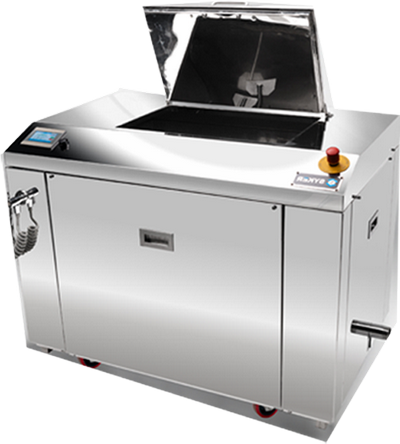ECONOMICAL BENEFITS
In Most Cases These Machines Pay For Themselves In 18 Months
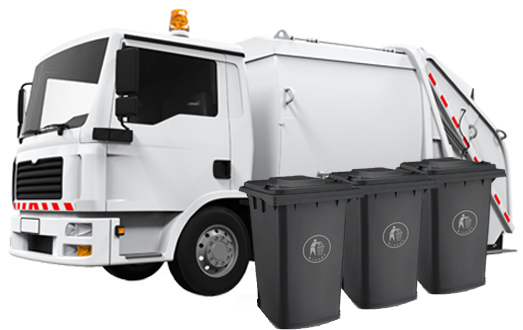

Economical Benefits As Follows:
- Reduce Or Eliminate Waste Management Costs
- 3 year warranty - we stand by our work
- 40% below industry standard pricing
For Our Product Line, Please Go To Our Product Page
ENVIRONMENTAL BENEFITS
Aerobic Digestion Is A Natural Process That Occurs In The Presence Of Oxygen
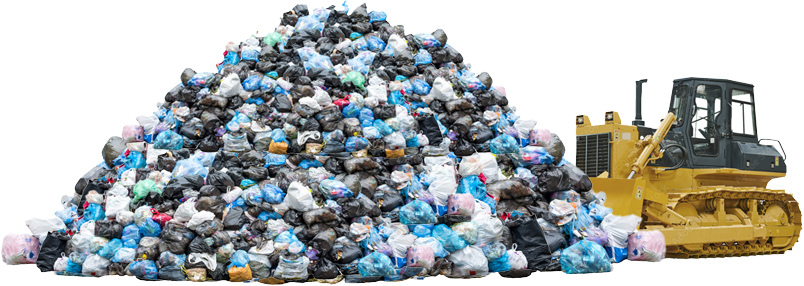
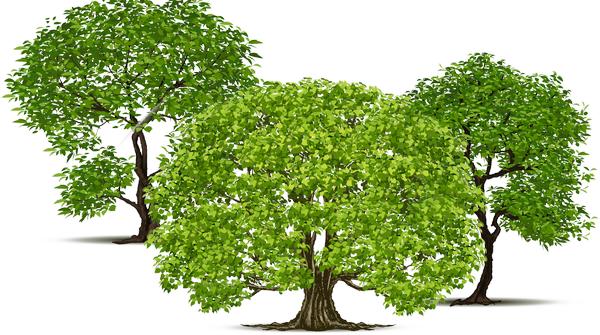
Environmental Benefits As Follows:
- Improve Your Environmental Sustainability Performance
- Reduces harmful greenhouse gases emissions into the atmosphere
- Divert your food waste from landfills reducing harmful greenhouse from entering the atmosphere
For More Information On
Environmental Benefits,
Please
Visit Our Blog
Page
FOR MORE INFORMATION CONTACT US
EASY TO OPERATE
The HMI Screen Will Tell You The Amount Of Food You Can Add
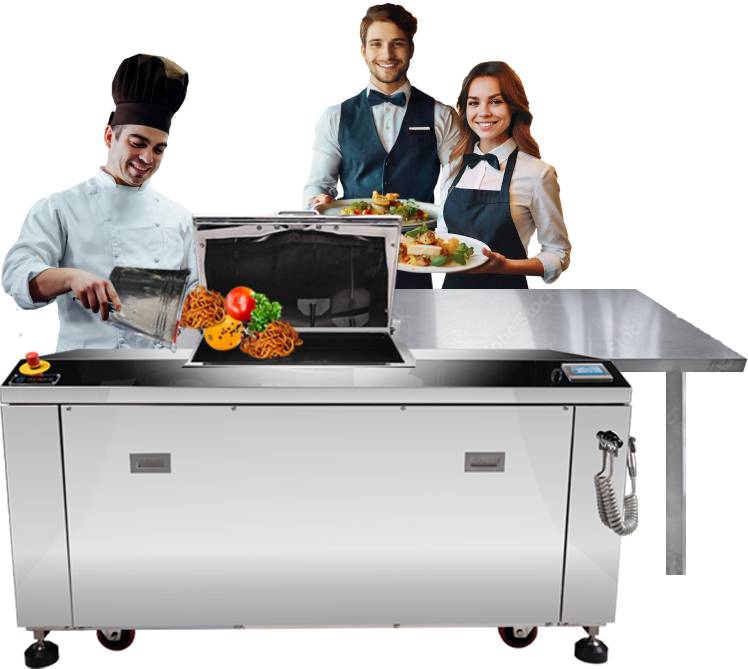
Place Food Into The Machine, Close The Lid And The Machine Will Do the Rest
Landfills are the third largest source of methane emissions
in
the United States
SYKER SYSTEM COMMERCIAL DIGESTERS
SYKER NIMBUS
- Capacity:
- 600 kg or 1320 lbs of food waste per 24 hours.
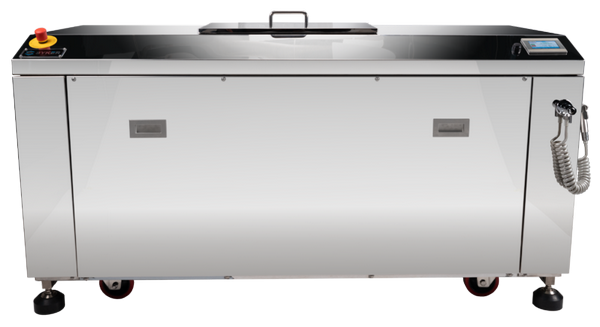
SYKER STRATUS
- Capacity:
- 400 kg or 880 lbs of food waste per 24 hours.
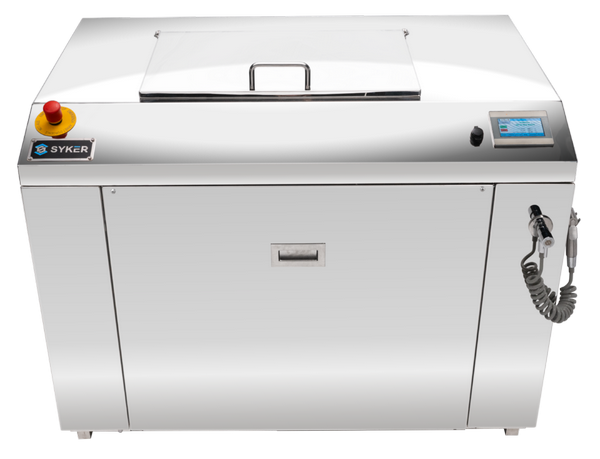
Syker Systems Articles
In this blog, we will explore the wide range of biodigesters’ benefits to the environment and how businesses can leverage these machines to raise their bottom line.
Environmental Benefits of a Biodigester
One of the most popular methods of traditional food waste management is sending waste to landfills, where it is buried to decompose. This decomposition process releases methane, a potent greenhouse gas that is more than 25 times as potent as CO2 when it comes to trapping heat in the atmosphere. This method contributes significantly to climate change, causes soil and water pollution, and takes up increasingly important land space.
In contrast, an aerobic digester is a closed-loop system that harnesses natural bacteria and other microorganisms to break down organic matter in the presence of oxygen. The end product is an effluent that can be safely and easily discarded down the drain. By diverting food from landfills, aerobic digesters help reduce greenhouse gas emissions and alleviate soil and water pollution.
Aerobic digesters are particularly useful for businesses that generate large quantities of organic waste, such as restaurants, supermarkets, and medical facilities. By installing a biodigester, these businesses can significantly reduce their environmental impact and eliminate waste disposal transportation. By reducing vehicle emissions from waste transportation, businesses can further reduce their carbon footprint.
Using biodigesters to divert waste away from landfills can also reduce the need for new landfill construction. This, in turn, helps to conserve natural resources and reduce the overall environmental impact of waste management. By implementing aerobic digesters, businesses can reduce their reliance on traditional waste management methods and become more self-sufficient in managing waste while also meeting sustainability targets.
Economic Benefits of a Biodigester
Aerobic biodigesters are nearly as economically friendly as they are environmentally friendly.
Traditional food waste management involves transportation and landfill tipping fees, which can quickly become overwhelming depending on the type and size of your business. Businesses may also incur penalties for exceeding waste disposal limits set by local regulations. In contrast, aerobic digesters require a one-time investment and very little maintenance.
Once installed, aerobic digesters can significantly reduce waste management costs as waste can be managed on-site, rather than being shipped to landfills or incineration sites. While some businesses may be hesitant to manage their waste on-site due to space constraints, aerobic biodigesters are compact. A biodigester is therefore a great solution for businesses with somewhat limited space who can’t devote a full area to composting or sorting waste.
Installing a high-quality aerobic digester helps avoid costs associated with repairs, as well. For example, the minimal maintenance required by the Stratus and Nimbus by Syker Systems brings you peace of mind and fewer repair costs. Furthermore, aerobic biodigesters alleviate time-consuming and labor-intensive tasks, enabling staff to focus on other activities that can potentially generate revenue.
The Best of Both Worlds: Eco-Friendly Branding
Becoming a more sustainable brand is good for both the environment and your wallet, as implementing environmentally-friendly practices can also enhance your brand image and reputation. Consumers are becoming increasingly aware of the importance of sustainable practices, and businesses that demonstrate their commitment to reducing waste are likely to attract more customers.
The implementation of aerobic digesters helps businesses reach their sustainability goals, which may even lead to opportunities for partnerships and collaborations with other businesses or organizations that share similar values and goals. By investing in sustainable solutions like aerobic digesters, businesses can create a positive impact on their bottom line and the planet.
Conclusion: Biodigester Benefits Go Beyond Sustainability
Aerobic biodigesters offer businesses the opportunity to implement sustainable practices without breaking the bank. Compared to traditional food waste management methods, aerobic digesters significantly reduce greenhouse gas emissions and soil pollution while being cost-effective and requiring little physical space, making them an excellent solution for businesses looking to manage their food waste sustainably.
By investing in aerobic biodigesters, we can reduce our environmental footprint and boost profits by keeping our food waste – and our money – out of landfills.


